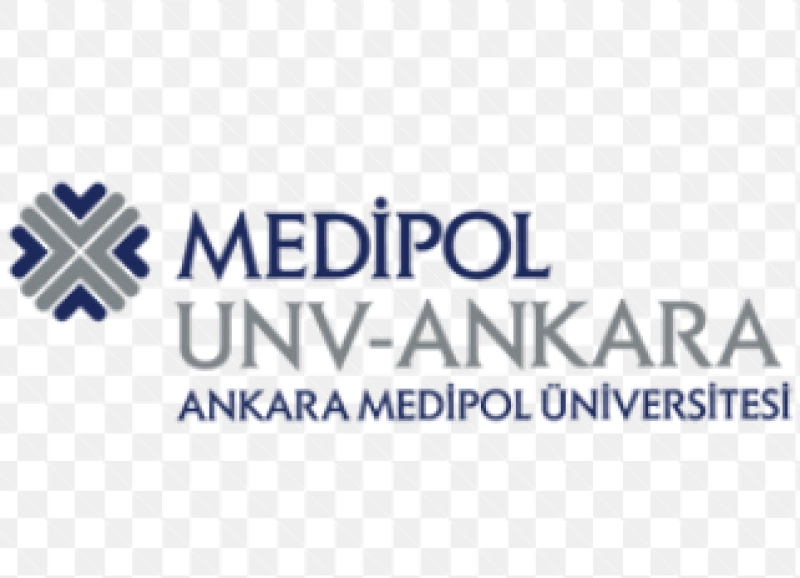College: Health Sciences
The Obstetrics specialization prepares students to provide comprehensive care to women during pregnancy, childbirth, and the postpartum period. Students develop skills in prenatal care, labor and delivery management, postpartum care, and newborn care. Graduates are prepared for careers as midwives in hospitals, birth centers, clinics, and home birth centers.
Learning Objectives:
- Understand the fundamentals of obstetric practice and women's health.
- Develop skills in prenatal care, labor and delivery management, and postpartum care.
- Learn techniques to provide comprehensive, patient-centered care to women and newborns.
- Explore principles of evidence-based practice, cultural competence, and health promotion.
- Analyze and interpret maternal and newborn health data.
- Develop critical thinking, clinical judgment, and communication skills for effective obstetric practice.
Main Syllabus:
- Introduction to Obstetrics
- Overview of key concepts, principles, and practices in obstetrics.
- Basics of women's health, reproductive anatomy, and physiology.
- Prenatal Care
- Principles of prenatal care, including health assessment, screening, and education.
- Techniques for providing comprehensive care during pregnancy.
- Labor and Delivery Management
- Principles of labor and delivery management, including natural deliveries, complications, and interventions.
- Techniques for labor and delivery support and management.
- Postpartum Care
- Principles of postpartum care, including maternal and newborn assessment, breastfeeding support, and family planning.
- Techniques for providing care during the postpartum period.
- Newborn Care
- Principles of newborn care, including newborn assessment, stabilization, and parental education.
- Techniques for providing care to newborns and supporting families.
- Evidence-Based Practice in Obstetrics
- Principles of evidence-based practice, including research methods, data analysis, and clinical guidelines.
- Techniques for applying evidence-based practices in obstetric care.
- Cultural Competence in Obstetrics
- Principles of cultural competence, including cultural awareness, sensitivity, and humility.
- Techniques for providing culturally competent care to diverse populations.
- Clinical Training
- Real-world experiences in obstetric settings, including clinical training in hospitals, birth centers, clinics, or home birth environments.
- Application of acquired skills in practical obstetric scenarios.
- Obstetrics Graduation Project
- A comprehensive project applying skills in prenatal care, labor and delivery management, or postpartum care.
- Presentation of a polished obstetrics project, case study, or research presentation.
Assessment Methods:
Prenatal care plans, labor and delivery management projects, postpartum care studies, newborn care plans, evidence-based practice analyses, cultural competence studies, clinical training reports, graduation projects, group projects, and presentations.
Recommended Textbooks:
- "Obstetrics" by various authors.
- "Prenatal Care" by various authors.
- "Labor and Delivery Management" by various authors.
- "Postpartum Care" by various authors.
- "Newborn Care" by various authors.
- "Evidence-Based Practice in Obstetrics" by various authors.
- "Cultural Competence in Obstetrics" by various authors.
Prerequisites:
Basic knowledge of anatomy and physiology and an interest in women's health and obstetric practice.
Duration of Specialization:
The undergraduate degree usually takes 4 years, including coursework, clinical training, and graduation projects. For advanced practice, a master's degree in obstetrics or midwifery and obstetrics is often required, typically taking an additional 2-3 years.
Certification:
Graduates can earn an obstetrics certification and pursue higher education or professional certifications, such as those offered by the American Midwifery Certification Board (AMCB) or the North American Registry of Midwives (NARM).
Target Audience:
Aspiring midwives, women's health specialists, and healthcare professionals seeking to work in hospitals, birth centers, clinics, and home birth settings. This specialization equips students with the clinical, diagnostic, and patient care skills necessary to excel in obstetrics, supporting careers in various healthcare settings specializing in women's health and maternity care.












